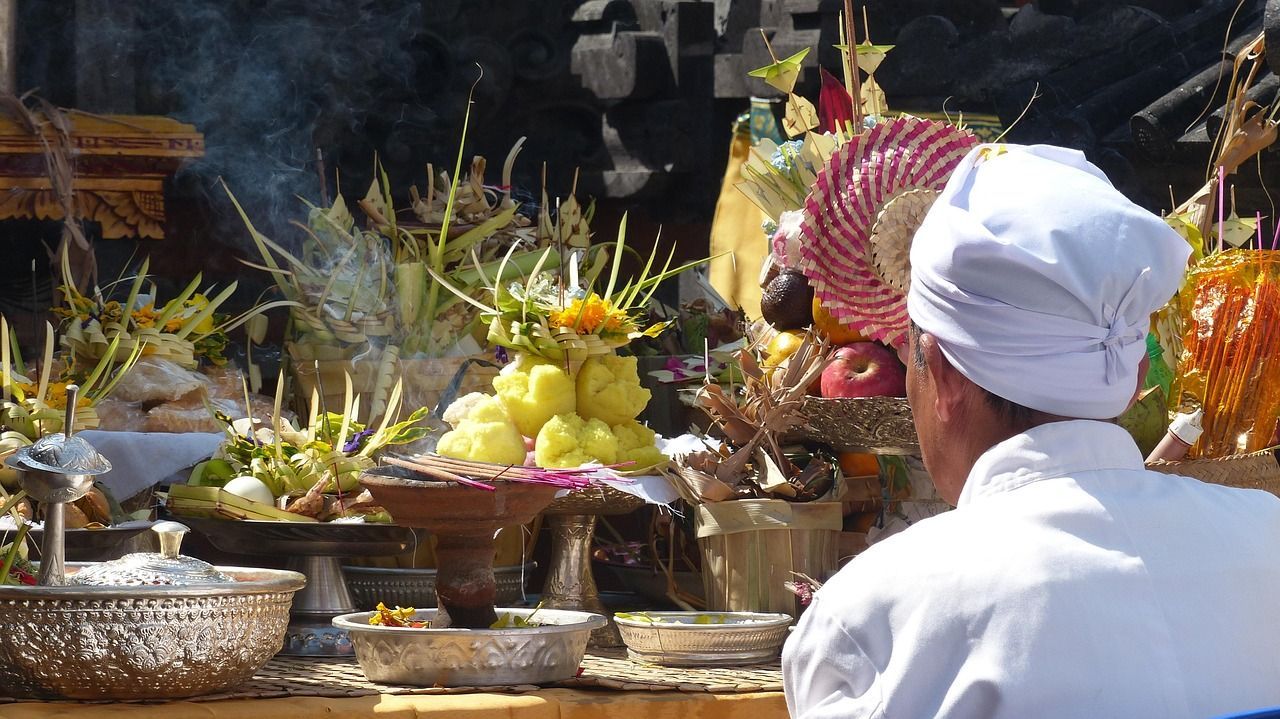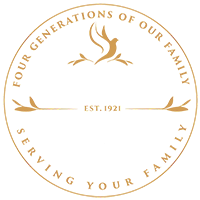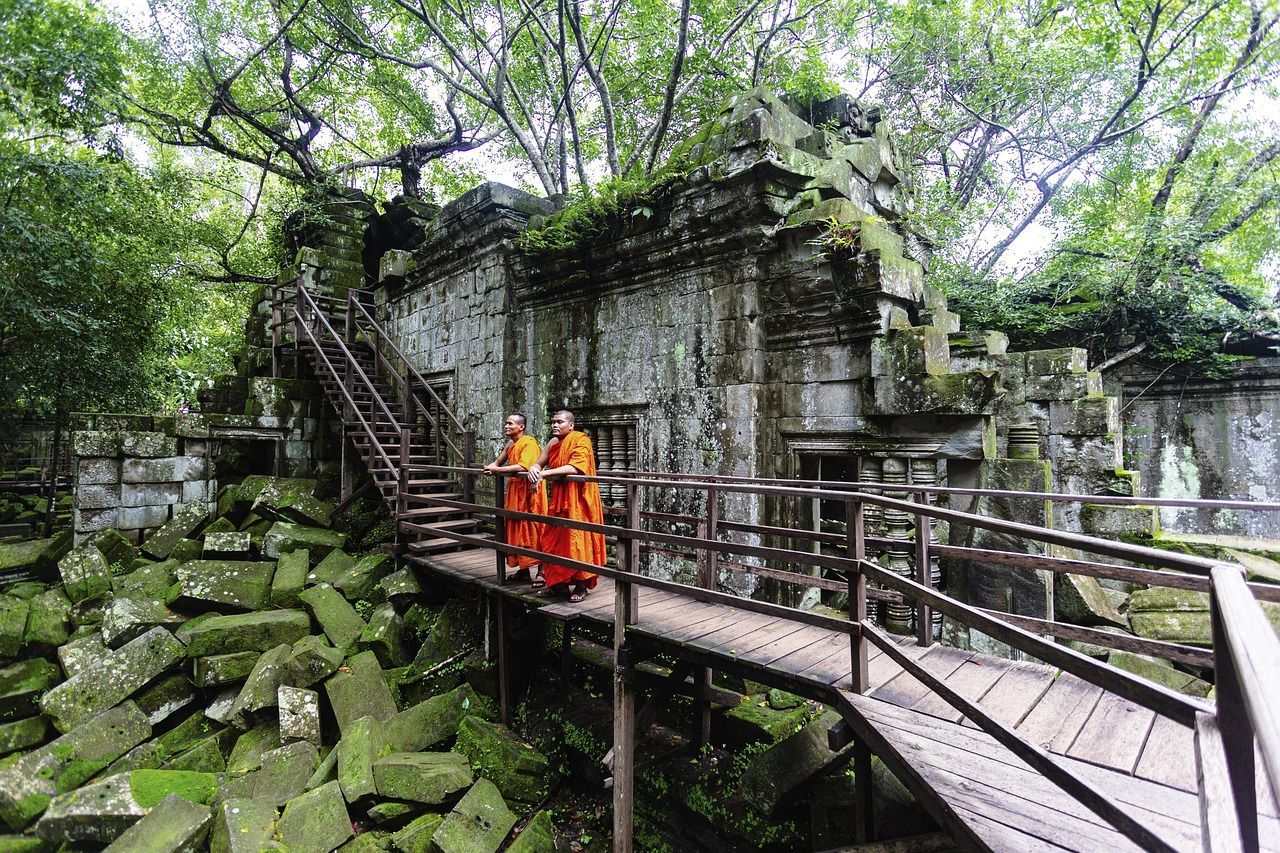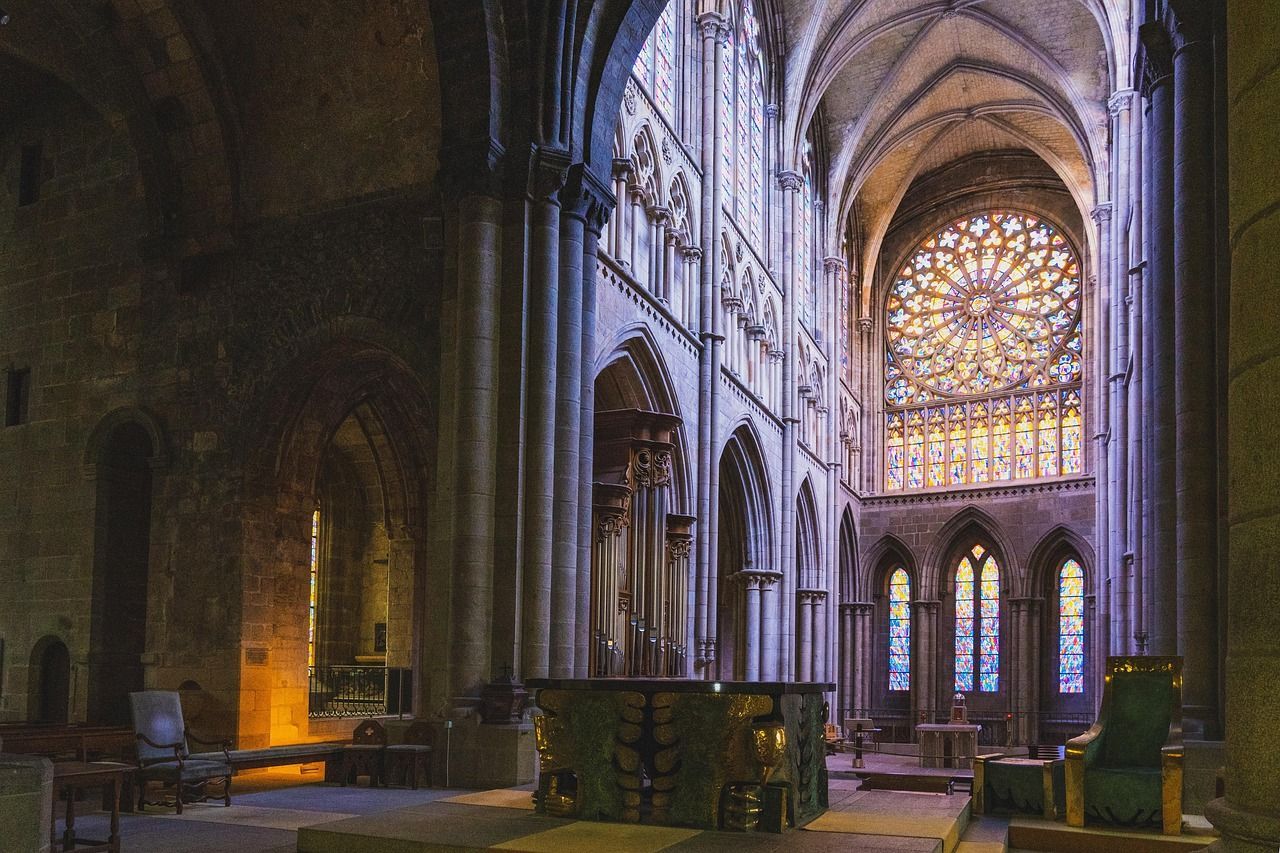The Role of a Funeral Director: What We Do and Why It Matters
When a family experiences the loss of a loved one, the grief can feel overwhelming. During such an emotional time, planning a funeral can seem like an impossible task. This is where the guidance of a funeral director becomes invaluable. At Pennsylvania Burial Company/Baldi Funeral Home, our funeral directors do much more than manage logistics; they provide compassion, expertise, and support through every step of the journey.
Understanding the role of a funeral director helps families appreciate how these professionals bring comfort, order, and dignity during one of life’s most difficult experiences.
What Is a Funeral Director?
A funeral director is a licensed professional who helps families plan, arrange, and carry out funeral or memorial services. While many people may think of funeral directors as coordinators, their role goes much deeper. They act as:
- Advisors – guiding families through important decisions.
- Organizers – managing details such as permits, transportation, and service arrangements.
- Supporters – offering empathy, understanding, and reassurance.
- Caretakers – ensuring the deceased is treated with dignity and respect.
Funeral directors combine practical expertise with emotional sensitivity, balancing the business of planning with the humanity of grief care.
Key Responsibilities of a Funeral Director
The work of a funeral director covers many areas, both visible to families and behind the scenes. Some of the main responsibilities include:
- Helping Families Make Decisions
From choosing between burial and cremation to selecting a casket, urn, or service type, funeral directors guide families through each step. Their experience allows them to explain options clearly and help families make choices that feel right. - Handling Legal and Administrative Tasks
Funeral directors manage important paperwork such as death certificates, permits for burial or cremation, and coordination with cemeteries. This relieves families from having to navigate complex regulations during a stressful time. - Preparing and Caring for the Deceased
Whether through embalming, dressing, or cosmetic preparation, funeral directors ensure the loved one is presented with dignity. For families who choose viewings or visitations, this step is especially important in creating a meaningful final memory. - Planning and Coordinating Services
Funeral directors work closely with families to design services that reflect their traditions, beliefs, and personal wishes. They also coordinate logistics, such as timing, transportation, music, and clergy participation, to make sure the service runs smoothly. - Providing Emotional Support
Beyond the practical responsibilities, funeral directors often serve as a source of comfort. They listen to families, answer questions, and offer guidance on grief support resources. Their presence helps families feel less alone in their journey.
The Importance of Communication and Compassion
A funeral director’s success is not measured only by organization but by their ability to connect with families. Good communication ensures families feel heard, understood, and respected. Compassion is what turns a service from a routine event into a meaningful tribute. At Pennsylvania Burial Company/Baldi Funeral Home, we believe every family deserves patience, kindness, and care during such a vulnerable moment.
Why the Role of a Funeral Director Matters
The importance of a funeral director extends beyond planning logistics. Their role impacts families in profound ways:
- Reducing Stress: By taking care of details, funeral directors allow families to focus on grieving and remembering their loved one.
- Honoring Traditions: They ensure cultural, religious, or military traditions are respected and carried out appropriately.
- Creating Meaningful Services: With their expertise, funeral directors help shape services that reflect the individuality of the person being remembered.
- Providing Peace of Mind: Families can feel confident knowing that their loved one is being cared for with professionalism and compassion.
A Day in the Life of a Funeral Director
To better understand the scope of the role, here’s a snapshot of the many hats a funeral director may wear in just one day:
- Meeting with a grieving family to plan arrangements
- Coordinating with clergy or celebrants for upcoming services
- Preparing necessary legal documents
- Supervising embalming or preparation of the deceased
- Scheduling transportation for family and guests
- Setting up a viewing or wake at the funeral home
- Providing grief support and answering family questions
Each day is different, but the heart of the role remains the same: caring for families with compassion and professionalism.
Supporting Families Beyond the Service
The work of a funeral director does not end once the service is complete. Many continue to support families in the weeks and months after, by:
- Connecting families with grief counseling or support groups.
- Helping with insurance or veterans’ benefits paperwork.
- Offering resources for memorialization, such as monuments or keepsakes.
- Assisting with pre-planning for future arrangements to ease future burdens.
This ongoing support demonstrates a funeral director’s true dedication, not only to the deceased but to the loved ones left behind.
How Pennsylvania Burial Company/Baldi Funeral Home Supports Families
At Pennsylvania Burial Company/Baldi, our funeral directors bring years of experience in serving the diverse Philadelphia community. We understand the importance of honoring cultural and religious traditions, offering bilingual support when needed, and customizing services to reflect each family’s unique story.
Our directors are available every step of the way, from the first phone call to the conclusion of services, to ensure that no family ever feels alone in the process.
Frequently Asked Questions
Do I need a funeral director to plan a service?
While families are not legally required to work with a funeral director in every circumstance, most choose to because of the expertise, support, and convenience they provide during an emotionally challenging time.
Can funeral directors help with pre-planning?
Yes. Funeral directors assist with pre-arrangement services, allowing individuals to plan their own funeral in advance. This reduces stress for family members and ensures personal wishes are honored.
How does a funeral director support cultural or religious customs?
Funeral directors coordinate with religious leaders, provide appropriate ceremonial items, and follow traditions that reflect the family’s heritage, ensuring every detail is handled with respect.
What qualities should I look for in a funeral director?
Compassion, professionalism, good communication skills, and a willingness to listen are essential. Families should feel comfortable and supported throughout the process.
The role of a funeral director goes far beyond logistics: They are caretakers of both the deceased and the living. By managing details, honoring traditions, and offering compassion, funeral directors create meaningful services that help families heal.
At Pennsylvania Burial Company/Baldi, we are proud to serve our community with professionalism, respect, and empathy. Our funeral directors are here to walk with families through every step of the journey, ensuring that their loved ones are remembered with dignity and love.












